views
#ShowerMyths #HygieneTips #SelfCareFacts #BathingMyths #HealthySkin #ShowerFacts #PersonalCare #SkinCareTips
1. You Must Shower Every Day to Stay Clean

any people believe that daily showers are necessary for hygiene, but in reality, over-showering can strip your skin of natural oils, leading to dryness and irritation. For most people, showering every other day is enough unless you sweat heavily, work in dirty environments, or have specific skin conditions. Washing too often may even disrupt your skin’s microbiome, making it more vulnerable to irritation. If you want to freshen up between showers, spot-clean areas prone to odor and consider using gentle wipes or a damp washcloth. Moderation keeps your skin balanced and healthy.
2. Hot Showers Are Always Better
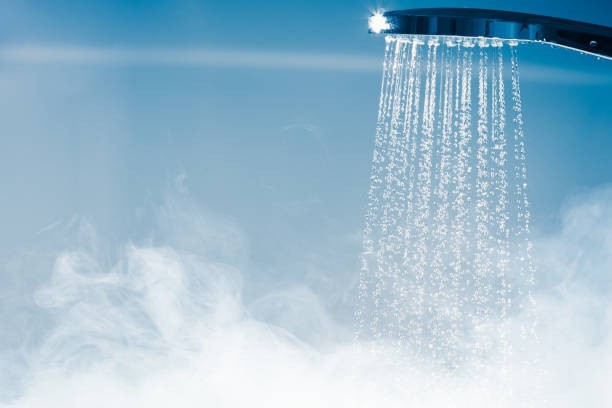
While a hot shower can feel relaxing, excessively hot water can harm your skin. Hot water strips away protective oils, dries out your skin, and can trigger irritation, especially if you have eczema or sensitive skin. It may also make your scalp dry and itchy. Dermatologists recommend using lukewarm water for most showers, saving the hot blasts for occasional indulgence. A warm shower still cleans effectively while being gentler on your skin. If you love heat, consider ending your shower with cooler water to help close pores and invigorate your circulation.
3. Cold Showers Prevent Illness
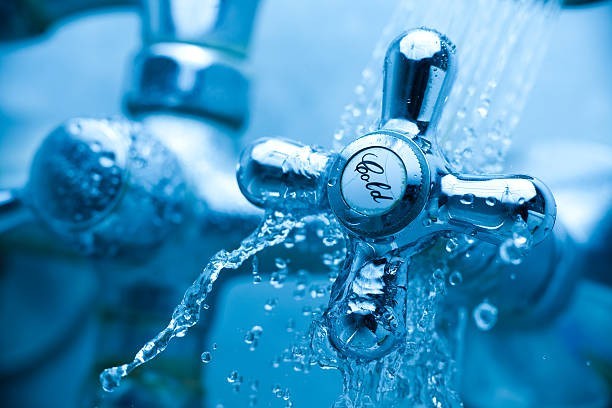
There’s a popular belief that cold showers can “boost” your immune system enough to prevent colds and the flu. While cold showers may improve circulation and alertness, they won’t make you immune to viruses. However, regular cold exposure may have some benefits, such as improved mood and reduced muscle soreness. If you enjoy cold showers, they can be part of a healthy routine, but they should be combined with proven methods like good nutrition, adequate sleep, and proper hygiene to truly help keep illnesses at bay.
4. The Longer the Shower, the Cleaner You Are

Spending more time in the shower doesn’t necessarily mean you’re getting cleaner. In fact, long showers can dry out your skin and waste water. Most of the cleansing happens within the first few minutes, especially if you’re using soap effectively. Dermatologists recommend limiting showers to 5–10 minutes for healthy skin. Prolonged exposure to water — particularly hot water — can damage your skin’s barrier. Short, efficient showers not only save water and energy but also keep your skin healthier in the long run.
5. Soap Should Be Used All Over the Body Every Time
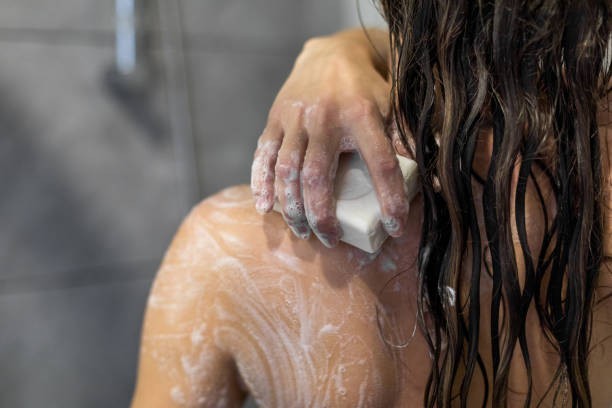
You might think you need to lather your entire body with soap during every shower, but this isn’t always necessary. Over-soaping can remove natural oils and irritate skin, especially in sensitive areas. For most people, it’s enough to use soap on areas prone to sweat and odor, such as armpits, groin, and feet. The rest of your body can be rinsed with water, which is usually sufficient for removing dirt and dead skin cells. This approach helps maintain your skin’s moisture and reduces the risk of dryness.
6. Hair Must Be Washed Every Day
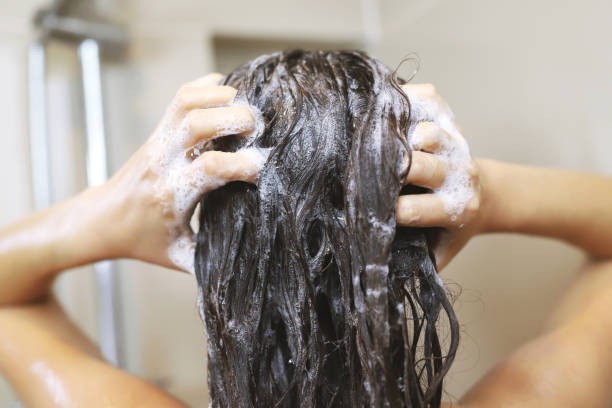
Daily hair washing can actually damage your hair by stripping it of essential oils, leading to dryness, frizz, and breakage. Most people do fine washing their hair 2–3 times per week, though it depends on hair type, scalp condition, and lifestyle. Curly and textured hair often benefits from even less frequent washing, while oily hair might need more frequent cleansing. Using dry shampoo between washes can help absorb oil and keep hair fresh without the damage that comes from over-washing.
7. You Need to Use Antibacterial Soap
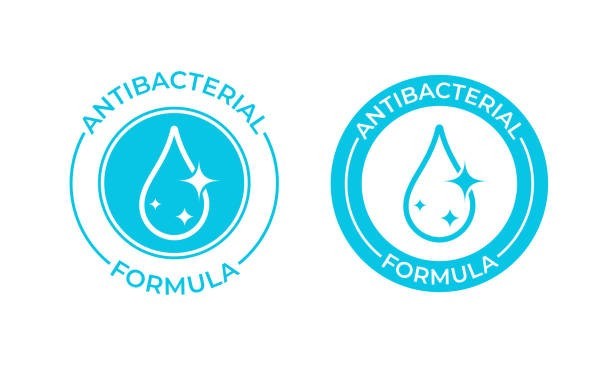
Many people assume antibacterial soaps are better for hygiene, but for everyday use, regular soap is just as effective at removing germs. Antibacterial soaps often contain harsh chemicals that may irritate skin or contribute to antibiotic resistance. The mechanical action of scrubbing with plain soap and water is enough to wash away most bacteria and viruses. Unless specifically recommended by a doctor for certain conditions, you can stick with gentle, non-antibacterial soaps to keep your skin healthy and clean without unnecessary chemicals.
8. Showering After Exercise Can Wait

Some people think it’s fine to skip a post-workout shower, but sweat left on the skin can contribute to body odor and even clogged pores. Showering soon after exercise helps remove sweat, bacteria, and excess oil, reducing the risk of breakouts and irritation. Even if you can’t take a full shower immediately, rinsing off or wiping down sweaty areas can help keep your skin fresh and healthy. This is especially important if you work out in hot, humid environments or wear tight-fitting clothing during exercise.
9. Body Wash and Bar Soap Are the Same
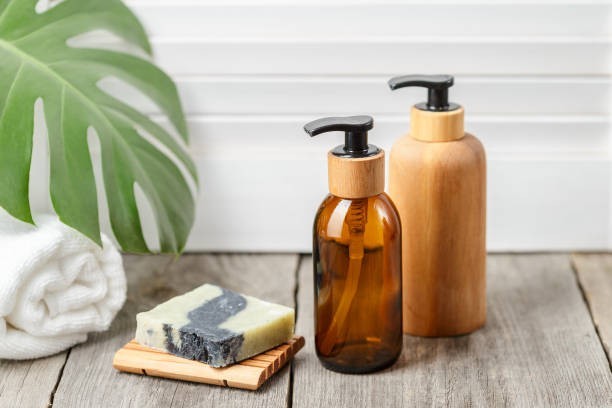
While both body wash and bar soap can clean your skin, their formulations often differ. Body washes usually contain added moisturizers, making them better for dry skin, while bar soaps can sometimes be more drying. However, high-quality bar soaps made with natural oils can be just as moisturizing as body washes. The best choice depends on your skin type and personal preference. Regardless of the format, the key is to choose a gentle cleanser that won’t strip your skin’s natural barrier.
10. You Should Scrub Hard for a Better Clean
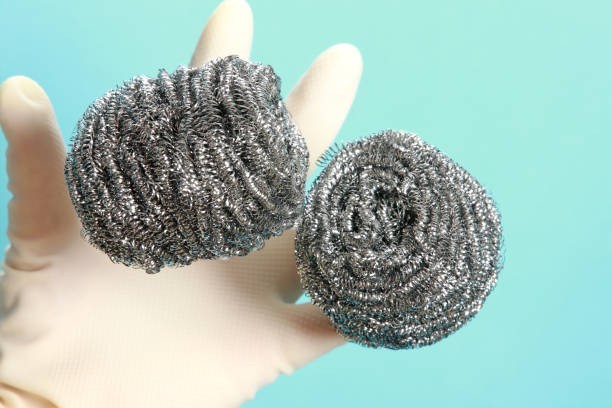
Scrubbing too aggressively in the shower can damage your skin and cause irritation. The goal of showering is to remove dirt, oil, and sweat — not to scrub away layers of skin. Gentle cleansing with your hands, a soft washcloth, or a mild loofah is usually enough. Harsh scrubbing can strip oils, break down your skin’s protective barrier, and even cause micro-tears. For exfoliation, limit it to once or twice a week with gentle products to keep your skin smooth and healthy without overdoing it.




















Comments
0 comment